Gastritis
What is gastritis?
Gastritis is an inflammation of the stomach lining. The term “gastritis” is often used improperly to include a series of disorders related to problems in the upper abdomen. In fact, it is an inflammation of the gastric mucosa, which can affect the entire mucosa or only a part of it.
Gastritis can be classified as acute (immediate) or chronic. Acute gastritis can be erosive (with damage) or non-erosive. Chronic gastritis is diagnosed by histology (microscopic view of the mucosa). There are many causes of gastritis, but they often cause similar symptoms, which creates confusion.
What causes gastritis?
The main cause of both types of gastritis is infection of the gastric mucosa by the bacterium Helicobacter Pylori. This infection usually begins acutely in the antral region of the stomach and can develop over time throughout the stomach (chronic gastritis).
Other causes include:
- Use of nonsteroidal anti-inflammatory drugs (NSAIDs) such as ibuprofen and naproxen.
- Bacterial, viral and parasitic infections.
- Alcohol
- Bile reflux.
- Fungal infections.
- Allergic reactions.
- Stress
- Trauma
What are the signs of gastritis?
Some patients have no symptoms and are diagnosed only by biopsy. When gastritis causes problems, signs include:
- Abdominal pain and burning.
- Nausea and vomiting.
- Diarrhea
- Loss of appetite.
- Gas
All these symptoms are included in the term “dyspepsia”.
How is gastritis diagnosed?
Diagnosis of gastritis is made by clinical history, symptoms, and biopsy to identify the inflamed mucosa. The most common cause is Helicobacter Pylori, which can be identified with several tests. Endoscopic examination and biopsy also help identify chronic gastritis, erosions, and ulcers.
Treatment of gastritis
The most effective treatment is to address the causes. If the cause is Helicobacter Pylori, treatment is performed to eradicate it. If the triggers are nonsteroidal anti-inflammatory drugs, it is necessary to stop taking them. The rest of the treatment involves the use of antacids that reduce the production of gastric acid.
What are the complications of gastritis?
Over time, gastritis can lead to complications, especially if left untreated. These include:
- Peptic ulcer.
- Anemia
- Stomach cancer.
- Narrowing of the gastric lumen.
The course of gastritis
Some patients may recover quickly, especially those with mild disease. Patients with chronic gastritis or complications require ongoing treatment.
How to prevent gastritis?
If the cause is preventable, gastritis can be prevented. Limiting alcohol consumption and using anti-inflammatories carefully are excellent ways to reduce the risk. Proper hygiene and a healthy diet also help reduce the risk of infections.
Together for a healthy future!
Book your consultation with a specialist doctor now!
Your Medical Clinic staff provides all patients with specialized medical service at the highest standards.

